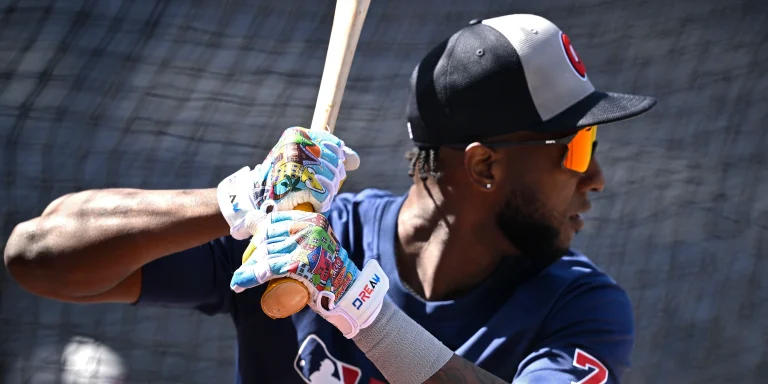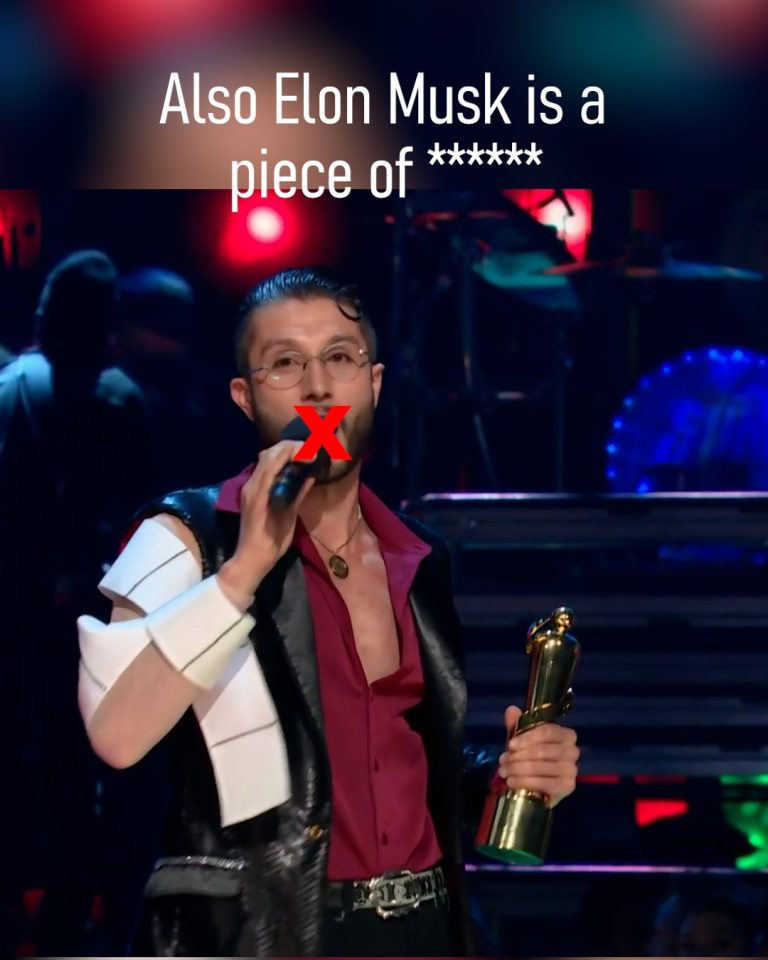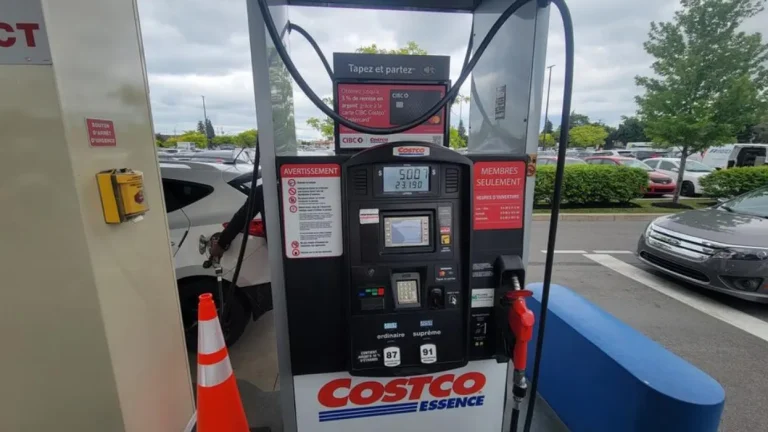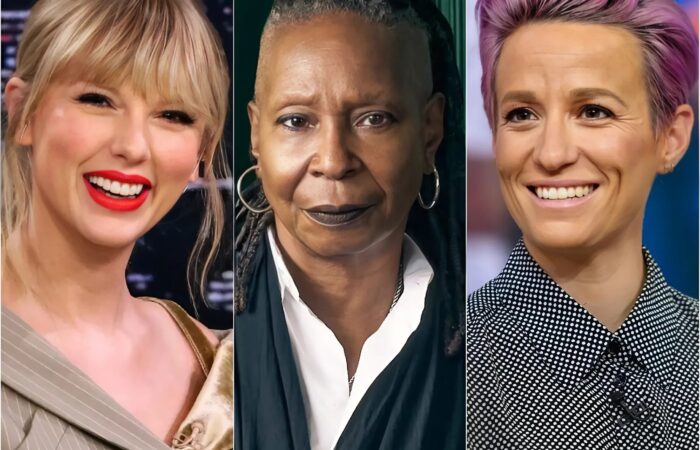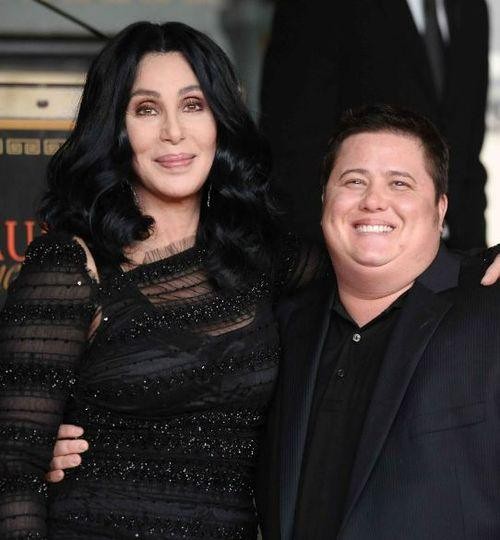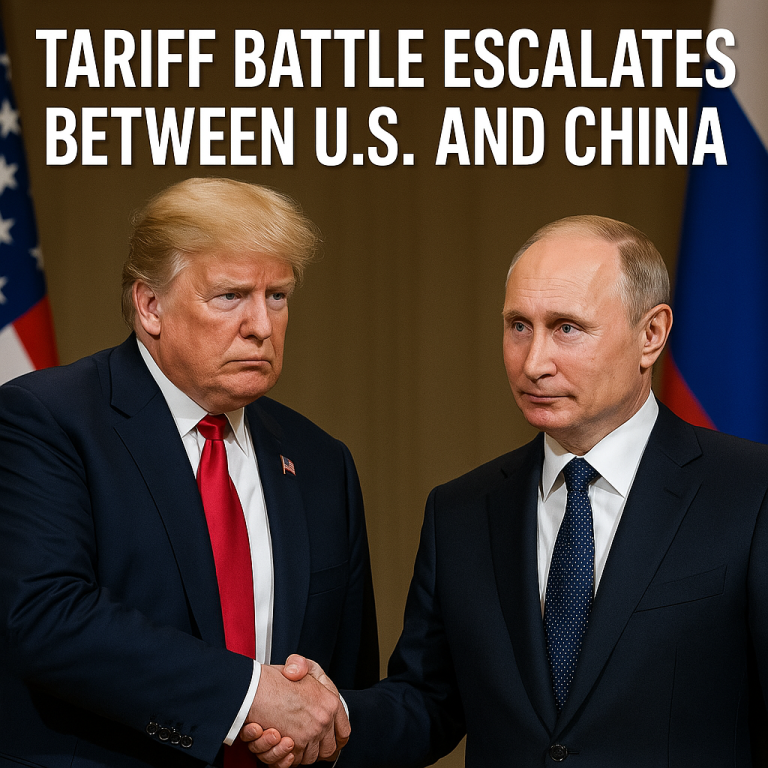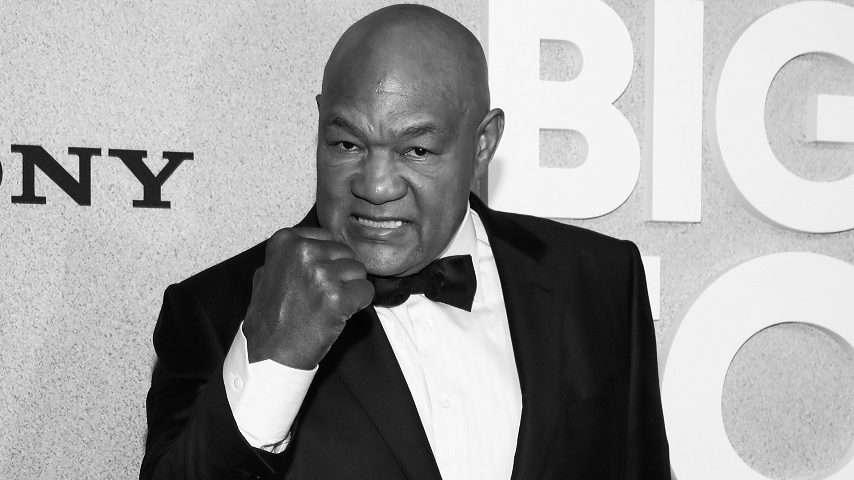
He claimed a world title in his 20s and, improbably, again in his 40s. He then made millions selling the George Foreman Grill.
George Foreman, a heavyweight boxing champion who returned to the sport to regain his title at the improbable age of 45, and who parlayed his fame and his amiable personality into a multimillion-dollar grill business, died on Friday night in Houston. He was 76.
His family announced the death, in a hospital, on his Instagram account. Roy Foreman, George’s brother, said the cause was not known.
When Foreman returned to the ring after 10 years away, there was skepticism that a fighter of his years could beat anyone younger, much less come back to the top of the game. But in 1994, he shocked the world by beating the undefeated Michael Moorer to reclaim the world title.
Foreman’s career spanned generations: He fought Chuck Wepner in the 1960s, Dwight Muhammad Qawi in the ’80s and Evander Holyfield in the ’90s.
With his fellow heavyweights Joe Frazier and Muhammad Ali, Foreman embodied a golden era in the 1970s, when boxing was still a cultural force in America. The three great champions thrilled fans with one classic bout after another. Foreman was the last living member of the trio.
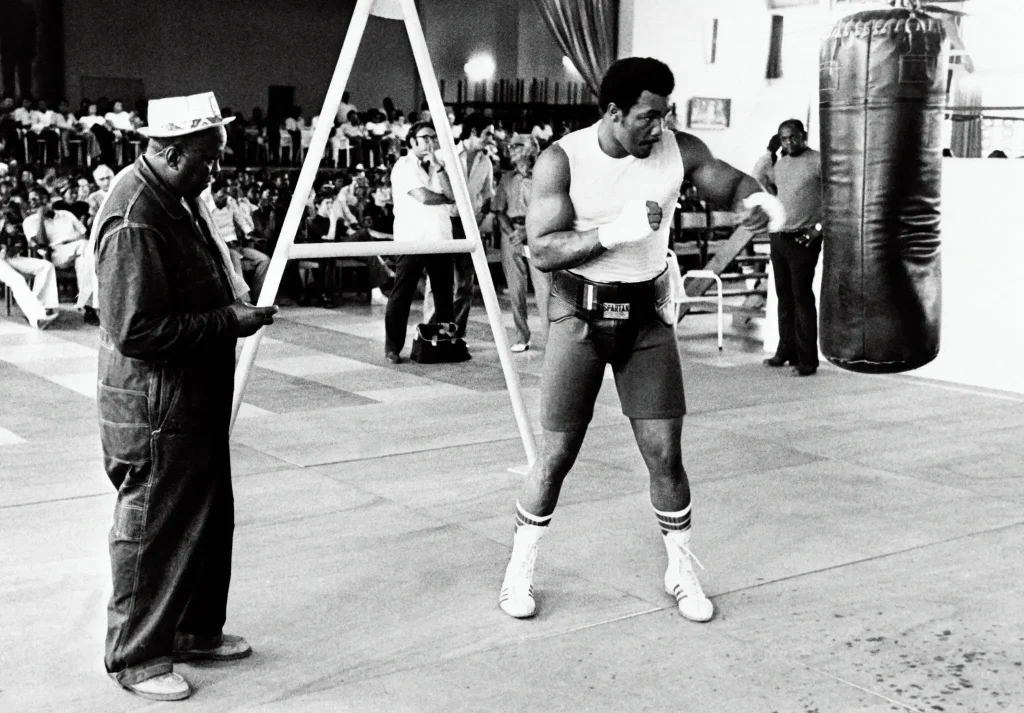
His popularity also helped him make millions selling grills after his retirement.
George Edward Foreman was born on Jan. 10, 1949, in Marshall, Texas. His father, J.D. Foreman, was a railroad construction worker. His mother was Nancy Ree (Nelson) Foreman. As an adult, he learned that his biological father was a man named Leroy Moorehead.
Foreman was candid about having been a bully and a petty criminal in his youth. After dropping out of school, he joined the Job Corps at 16. At 17, he tried his hand at boxing.
Success came quickly in the amateur ranks; only a year and a half later he was Olympic heavyweight champion, defeating Ionas Chepulis of the Soviet Union by a second-round knockout in Mexico City in 1968.
After the fight, Foreman, who was Black, waved a small American flag in the ring, days after the track athletes Tommie Smith and John Carlos raised clenched fists during the national anthem to protest the country’s treatment of Black people.
“I was just glad to be an American,” Foreman said afterward. “Some people have tried to make something of it, calling me an Uncle Tom, but I’m not. I just believe people should live together in peace.”
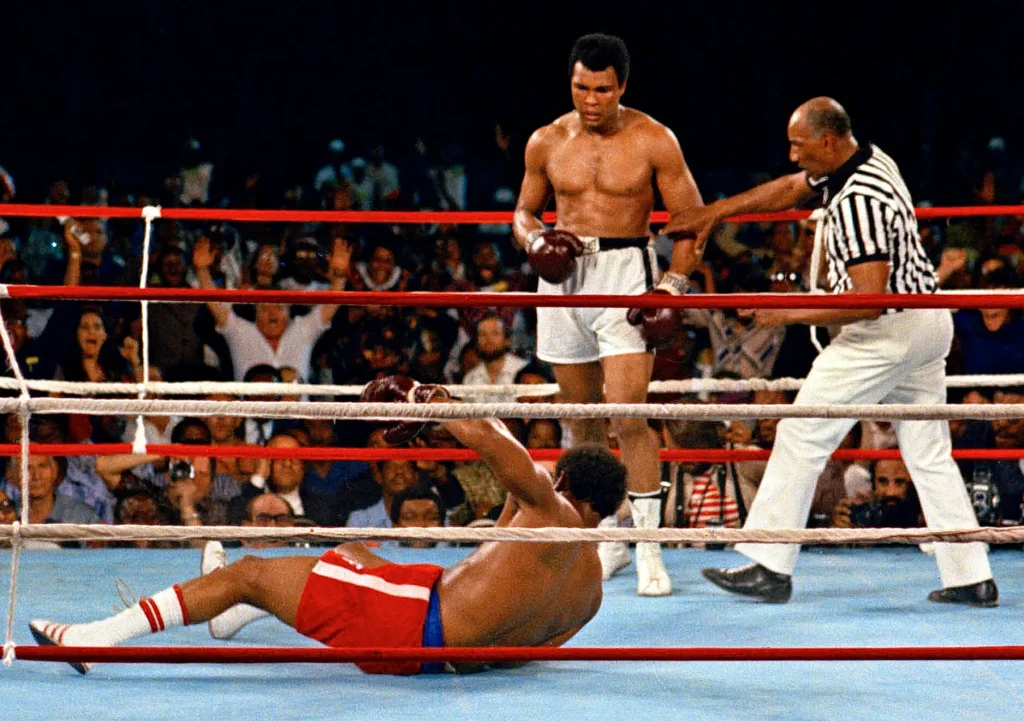
oreman defended the title twice before a match with Ali in Zaire (now the Democratic Republic of Congo) in 1974 that would become known as the Rumble in the Jungle. This time, Foreman was the favorite, but Ali reclaimed the title, dealing Foreman his first career loss.
Ali used his “rope-a-dope” strategy, resting on the top rope and allowing Foreman to punch him but also to tire himself out. Ali finished the fight with a left-right combination knockout in the eighth round.
Foreman had five more victories, including another one over Frazier. But after losing to Jimmy Young in 1977, he elected to hang up his gloves at age 28, citing his religious beliefs and his mother’s wishes.
In addition to his brother, Foreman is survived by his wife, Mary Joan Martelly, whom he married in 1985. He had previously been married four times.
He is also survived by six daughters, Natalie, Leola, Michi, Georgetta, Isabella and Courtney Foreman; five sons; 15 grandchildren; and three great-grandchildren. Another daughter, Freeda Foreman, died in 2019.
All of Foreman’s sons were named George: George Jr., George III, George IV, George V and George VI. In 2005, he collaborated with the author Fran Manushkin on a children’s book called “Let George Do It!” about a household full of Georges, like his own.
“Today is Big George’s birthday,” Mom tells her sons. “Can I count on all of you to help with the party?”
“‘You bet,’ said George, George, George and George. ‘Urgle,’ said Baby George.”
One key to Foreman’s business success in so many areas, he said, was his willingness to make personal appearances.
“That’s bigger than anything, any endorsement, I don’t care who you are,” he said. “They want to touch you; they want to know you.”
“Then,” he said, “they buy you.”

